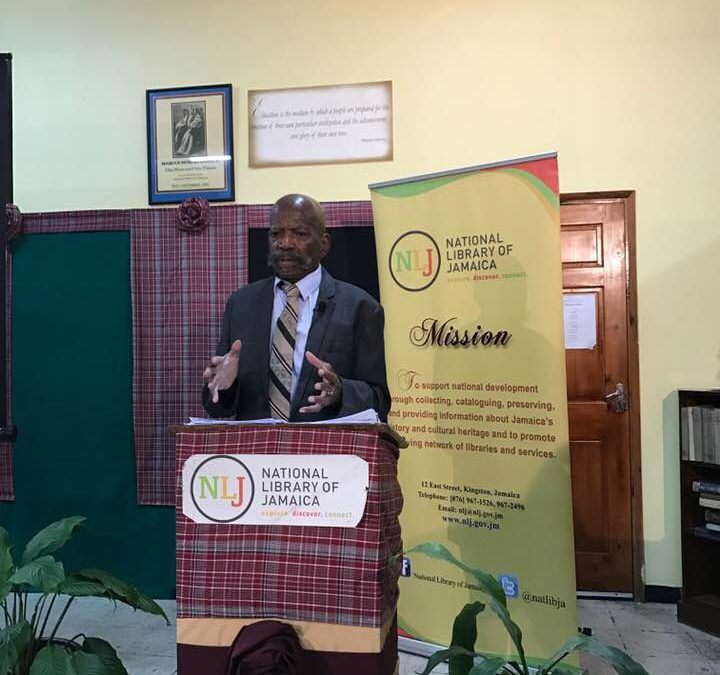Full Professor and Book award
This month marks the first month of my promotion to full professor. I have to confess that when I started on this journey I did not think all these years later I would still be in academia or that I would be a full professor. If I am honest, I am not even sure I knew what that meant. I just knew that I wanted to, no I was compelled, to write about people of African descent worldwide.
More than twenty five years later, I still feel the same way and have thankfully learned more about life beyond my books as well.
Speaking of books, my most recent book,The Weeping Time:Memory and the Largest Slave Auction in American History, continues to make its way in the world and now has won another award. My award letter went something like this:
Good Evening Dr. Bailey,
It is my distinct privilege and special pleasure to inform you that the Georgia Historical Records Advisory Council (GHRAC) has selected your book, The Weeping Time; Memory and the Largest Slave Auction in American History, to receive the 2018 Award for Excellence in Advocacy.
GHRAC is the state’s advisory board to the Board of Regents of the University System of Georgia with respect to the Georgia Archives and historical records throughout our state.
I am thrilled especially when I consider the long and sometimes arduous journey to this place, but mostly when I think of the descendants of the auction and all the work they have done to bring this story to light. I continue to marvel at their resilience and their grit. So much thanks to the Georgia Historical Records Advisory Council and the Chancellor of the Board of Regents of the University System of Georgia. I am very grateful.
Windrush Generation update and Advocacy in Jamaica
As many of you who read my blog know, I have been shedding light on the very serious contemporary issue of the displacement of members of the Windrush generation. These primarily black British citizens who in and around 2013 were forced to “prove” their citizenship have suffered untold hardships because of what was then a new Home Office policy. Many of these displaced citizens were deported to their birthplaces in the Caribbean. If they stayed in Britain, they lost their jobs as well as their benefits in spite of decades of work and contributions to the tax base.
One such individual, Sarah O’Connor, who fought to be reinstated as a British citizen and was in fact naturalized in July passed away at the age of 57 this week. Her daughter described the harrowing situation that her mother endured when she lost her job and was even forced to sell her car and clothes. It would not be hard to imagine that even after she was reinstated that the trauma of her situation never left her. How could she one day belong and then the next day not belong to the place she called home since she was 6? I don’t know what she died of ( the papers say it was natural causes) but it is hard not to think that this situation weighed heavily on her heart. It was not just the physical displacement but the mental displacement. Why could she no longer claim to be a British citizen in spite of all those years of hard work?
This is why the work of people like writer Emma Lewis and Dr. Hilary Robertson Hickling of the University of West Indies in Jamaica is so important. They, among others, have been publicizing the fate of these members of the Windrush generation who fell afoul of this Home Office policy. Dr. Hickling has also worked with the National Library of Jamaica to tell the stories of those who left their homes in Jamaica and went on to make valuable contributions to British society.
In July, they introduced us to 93 year old Alford Gardner who, born in Jamaica, served in World War as a British soldier then returned to Jamaica. Soon after, he decided to take a chance and embark on the Empire Windrush ship for what he hoped would be greater economic opportunities in Britain. In his public lecture, he talked about the camaraderie of the men and women on the ship and the challenges they faced when they disembarked finding jobs and places to live. Eventually, after much struggle, many of his friends found jobs and bought houses. In the end, he says, “Things worked out. We have a clean name.” At some point, someone in his circle encouraged him to sort out his passport. He took their advice and that is why he did not get caught up in the Home office policy that displaced thousands. Had it not been for that, he too, even after serving in World War 2, would have been considered a stateless non citizen. And so we see here a concrete example of the importance of continued advocacy. The Windrush generation have made their contribution. It is time for them to be fully acknowledged as citizens.




 Find Anne C. Bailey's non-fiction book :
Find Anne C. Bailey's non-fiction book : 




Congratulations. I knew this book ‘ weeping time’ will stand out in excellence. I learn from your awesome writings. Proud of you.
I visited many sites but the audio feature for audio songs present at this web site is
truly superb. http://cado789.com
Hi there to all, how is the whole thing, I think every one is getting more from this site, and your views are fastidious in favor
of new people. http://stpicks.com/188bet350916
Hi there to all, how is the whole thing, I think every one
is getting more from this site, and your views are
fastidious in favor of new people. http://stpicks.com/188bet350916